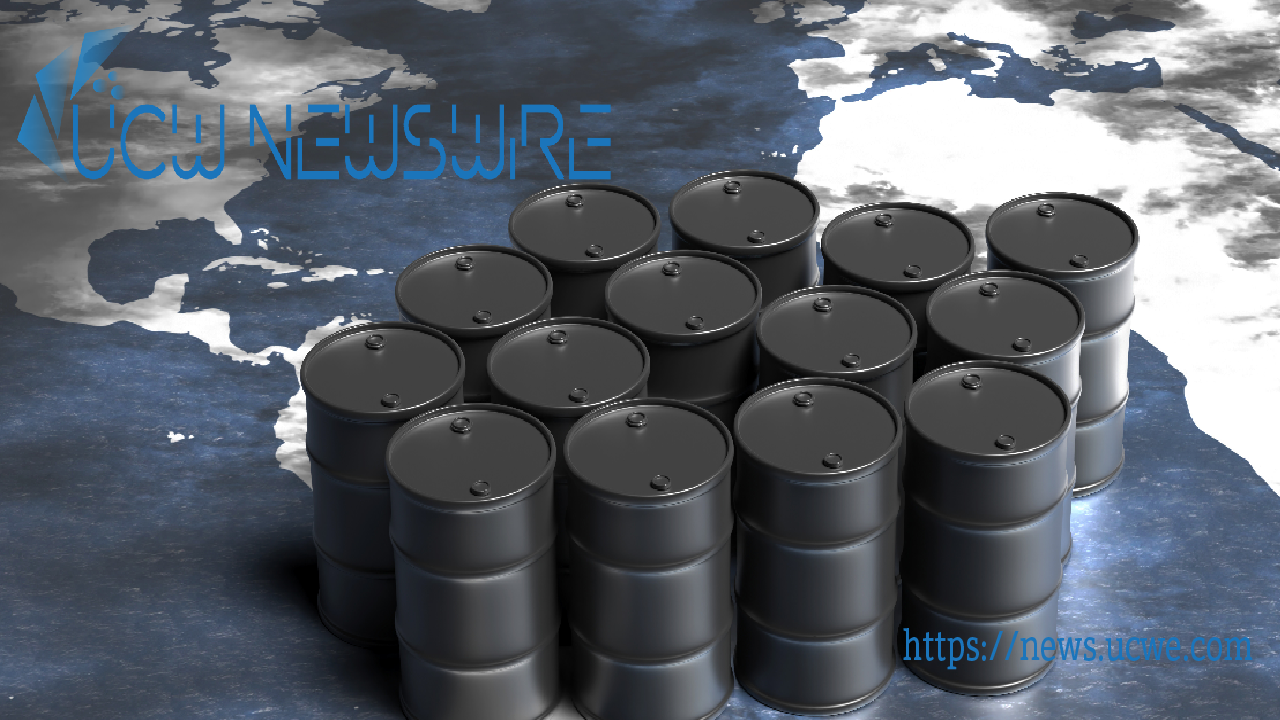Gold, Silver, Brent Crude, WTI, Nat Gas, Commodity Markets Mixed on June 13, 2023
Gold and silver prices rose on June 13, 2023, as investors sought safe haven assets amid rising inflation and geopolitical tensions. Gold prices rose to a two-week high of $1,962.90

Gold and silver prices rose on June 13, 2023, as investors sought safe haven assets amid rising inflation and geopolitical tensions.
Gold prices rose to a two-week high of $1,962.90 per ounce, while silver prices rose to a one-week high of $25.30 per ounce.
The rise in gold and silver prices comes as investors continue to weigh the risks of inflation and geopolitical tensions against concerns about slowing economic growth. Inflation in the United States has reached a 40-year high, and there are concerns that it could continue to rise in the coming months. The war in Ukraine is also a major risk to global markets, as it has disrupted supply chains and led to higher energy prices.
Brent crude oil prices fell to a one-week low of $118.50 per barrel, while WTI oil prices fell to a two-week low of $115.60 per barrel.
Natural gas prices fell on June 13, 2023, as milder weather forecasts led to expectations of lower demand.
The Henry Hub natural gas futures contract for July delivery fell by 1.2 cents, or 0.3%, to close at $3.98 per million British thermal units.
Iraq produced 3.955 million barrels per day (bpd) of crude oil in May, up 17,000 bpd from April, a source at state-owned marketer SOMO told Reuters on Tuesday.
The May production, according to SOMO, was 265,000 bpd below Iraq’s OPEC+ quota when including pledged additional voluntary cuts.
Iraq’s production has been hit since its northern export pipeline, which carries around 450,000 bpd of crude from the semi-autonomous Kurdistan Region to the Turkish port of Ceyhan, was taken offline on March 25.
The pipeline was shut down after Turkey halted shipments of oil from the Kurdistan Region following an arbitration ruling that ordered Ankara to pay Baghdad $1.5 billion for unauthorized exports by the Kurdistan Regional Government between 2014 and 2018.
Iraq has been working to restore the pipeline, but it is not clear when it will be fully operational. In the meantime, Iraq has been exporting oil from its southern fields via the Basra-Falaj port.
Despite the challenges, Iraq has been able to increase its oil production in recent years. In 2022, Iraq is expected to produce around 4.2 million bpd of oil, up from around 3.9 million bpd in 2021.
Iraq’s oil production is important to the global oil market. Iraq is the second-largest producer in OPEC, and its oil exports are critical to meeting global demand.
Thomas Lin
News Desk

